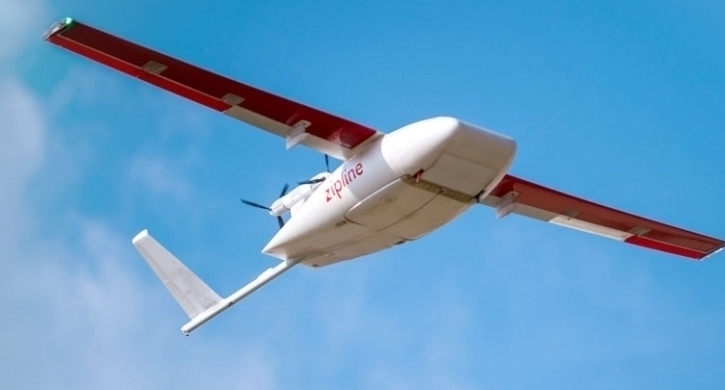Zipline raises $250 mn to speed up its logistics services
Zipline has announced $250 million in new funding, bringing the company’s valuation to $2.75 billion.

June 30, 2021: Zipline has announced $250 million in new funding, bringing the company's valuation to $2.75 billion. New investors Fidelity, Intercorp, Emerging Capital Partners and Reinvent Capital participated in the round alongside existing investors including Baillie Gifford, Temasek, and Katalyst Ventures.
The new financing will enable Zipline to continue advancing its integrated service, including its autonomy platform, aircraft, fulfillment systems, and operations. It will also fuel continued expansion into new industries and geographies, transforming systems like healthcare and commerce with instant logistics.
Keller Rinaudo, founder and CEO at Zipline, said, "Together, we have completed hundreds of thousands of deliveries of blood, medicines and vaccines, and today Zipline makes a commercial delivery every four minutes. In the past year, we have seen major growth in every market, including the US, and we're continuing to build on our proven track record and technology to bring instant logistics to more partners, communities and people."
The new funding comes after a year of record company growth during which Zipline accelerated all aspects of its global business in Rwanda, Ghana, Nigeria's Kaduna and Cross River States. It has partnered with Toyota Group (Japan), Walmart (US), and Pfizer.
The company has surpassed ten million autonomous miles flown, two million vaccine doses distributed and 150,000 commercial deliveries completed.
"Zipline's delivery service has transformed national health systems and expanded access to care for millions of people," said Tom Slater, head of US equities team at Baillie Gifford. "With Zipline, we can imagine a world in which anyone could have access to anything in a matter of minutes. The team has created the first automated logistics infrastructure that can support instant delivery at scale and is now rapidly expanding to serve more people and tap into the surging demand for the service around the world."


